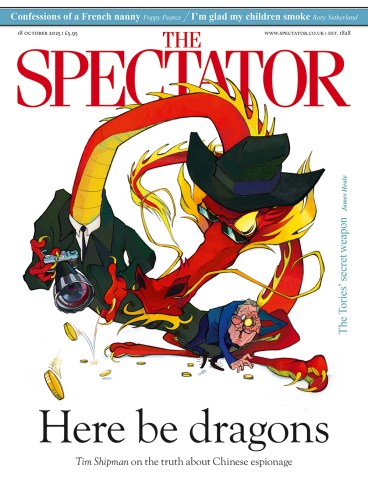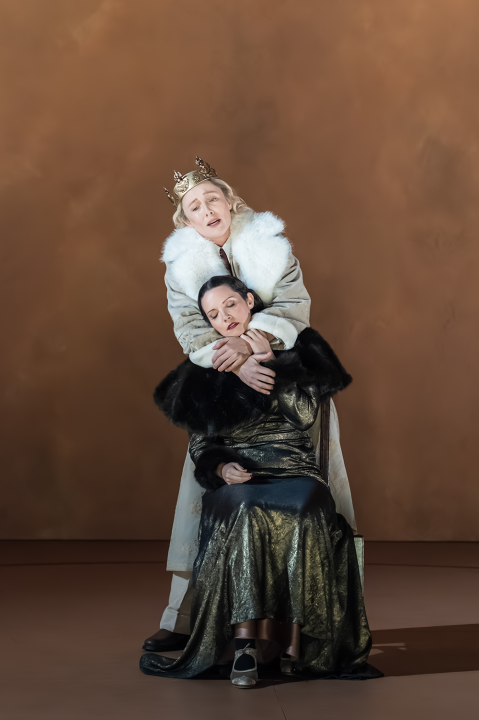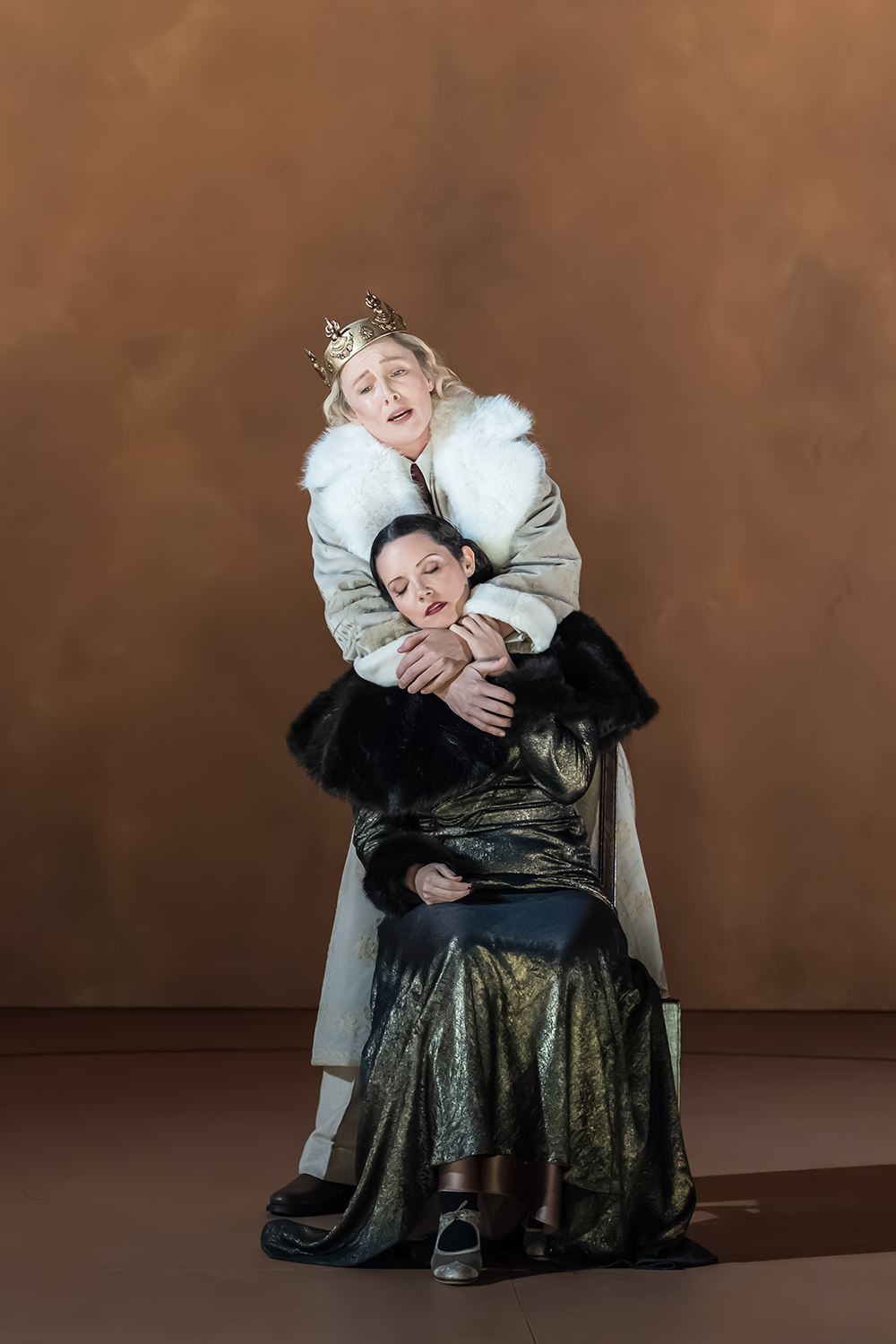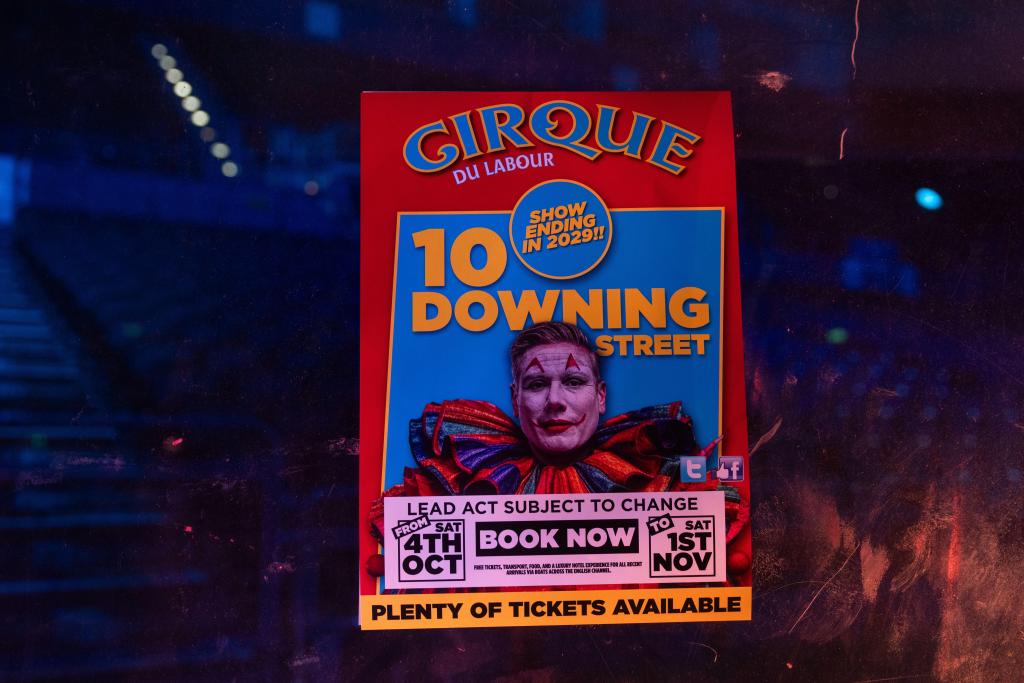
Here’s a patriotic thought for you: baroque opera, as we now know it, was made in Britain. Sure, there are your Vivaldis and Cavallis; there’s always someone (usually French) trying to make Rameau stick and a few years back Opera North – bless them – even tried to exhume an opera by Reinhard Keiser. But realistically, if you’re going to see a pre-Mozart opera from a major company anywhere in the world, and it’s not by Monteverdi, it’s overwhelmingly likely to be by Purcell or Handel. And Handel wrote practically all of his surviving operas in London, for British audiences and British taste.
So it’s only right that UK opera companies should go big on the old Saxon, and in truth they don’t need much encouragement. We had Rodelinda, Saul and Semele (twice) over the summer, and Susanna, Giustino, Partenope and Ariodante are all scheduled before Christmas. Giustino, a fable of Byzantine court politics with a generous overlay of fantasy, was premièred at Covent Garden in 1737, allowing the present-day Royal Opera to mention that it was ‘first performed on this site’ – which is perfectly true, give or take three centuries of rubble and cabbage leaves.
Anyway, this new staging is by Joe Hill-Gibbins, who directed a striking Duke Bluebeard’s Castle at ENO last year. The defining elements of that production were social ritual and suppressed sensuality, and both are in play in Giustino, although this time Hill-Gibbins is working with the appropriately 18th century-sized Linbury Theatre, and in place of an enveloping darkness, the action is enclosed by walls of sun-baked ochre. Neat figures in white stand around the edges, acting as stage-hands, courtiers and participants in the Byzantine court’s formal games.
A slightly mocking artificiality is the keynote. There’s a pantomime bear; a sea monster is depicted as a shuffling school-play jellyfish and the Goddess Fortuna (Mireille Asselin) sashays on, a bombshell in a glittering leotard. She’s there to motivate our hero Giustino (Polly Leech): an all-conquering warrior who never wields a weapon, preferring to mope in pajamas. The plots of Handel’s operas were derided even in their own time – particularly in The Spectator, for which I offer a belated apology (Joseph Addison is no longer working for the magazine). It might be interesting, some day, to see a Handel production that takes the story at face value, without the knowing smirk.
For now, Hill-Gibbins laughs off the dramatic problems and makes the most of the venue’s intimacy, rummaging interestingly in the psychology of the central characters. As a peasant boy-turned general, Leech is vulnerable rather than conventionally heroic, with an appealingly husky tone. Keri Fuge is elegant and expressive as the Emperor Anastasio, and Jake Arditti’s villainous Amanzio is a hissable snake in a suit.
David Bates, meanwhile, draws vigorous, juicy sounds from La Nuova Musica, a period-instrument orchestra whose first oboe Leo Duarte did death-defying things with Handel’s insane obligato writing. But the star is Asselin, in her main role of the Empress Arianna. Under Hill-Gibbins’s direction a standard-issue princess in peril becomes altogether more ambiguous; a coiled spring of sleek sexuality, singing with an ice-and-fire poise that leaves the moral of this particular story anything but clear. She’s quite something.
The star is Mireille Asselin, singing with ice-and-fire poise. She’s quite something
Opera North’s staging of Susanna has to wrestle with a more serious challenge, namely that Susanna is an oratorio, not an opera. It isn’t built to work as theatre. But Olivia Fuchs is an excellent director and she throws all her skill at this co-production with Phoenix Dance Theatre, whose dancers are deployed with huge energy at every possible opportunity (the choreography is by Marcus Jarrell Willis). Essentially, it’s like watching a ballet being performed on the same stage as an austere and rather static opera: much leaping and spinning as the orchestra bustles through its ritornellos. British Sign Language is incorporated into the action, and doubtless enhances the experience for those who are fluent.
But the main problem remains; namely that Handel’s Biblical oratorios are basically morality tales. This one had a centre of cool, concentrated vocal beauty in the form of Anna Dennis. As Susanna, her singing had a purity and a command that bleached out everything around it, though James Hall, as her husband Joacim, is a wonderfully sweet-sounding countertenor, and Matthew Brook was noble as her father Chelsias. Johanna Soller, conducting, was wholly sympathetic.
Still, it was a chilly experience, overall. It’s difficult to believe in these characters as human beings and – as always happens when directors try to swap out Handel’s ringing Christianity for something a bit more #MeToo – you’re left feeling short-changed, as if something fundamental is absent. Heaven itself intervenes to vindicate the Biblical Susanna; Handel’s trumpets blaze and the chorus sings. Here, our virtuous heroine gets mad as hell and kicks her oppressors in the groin. It got a big laugh, though. So there’s that.








Comments